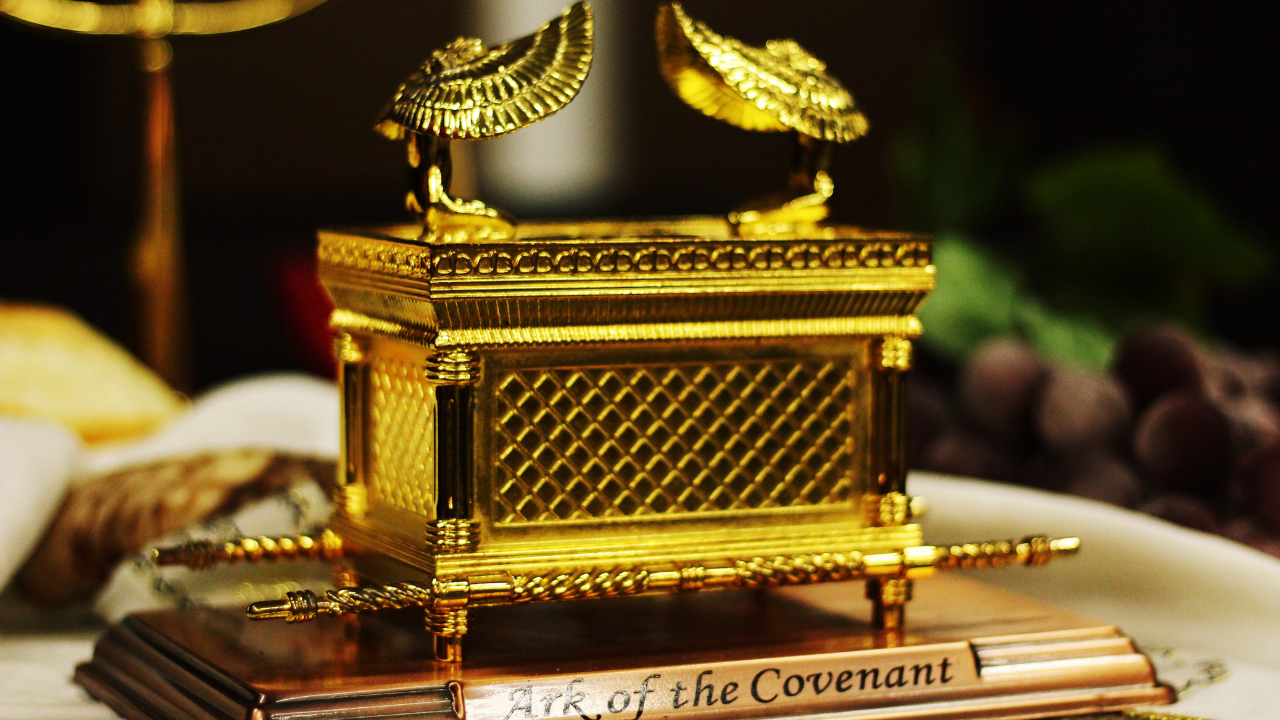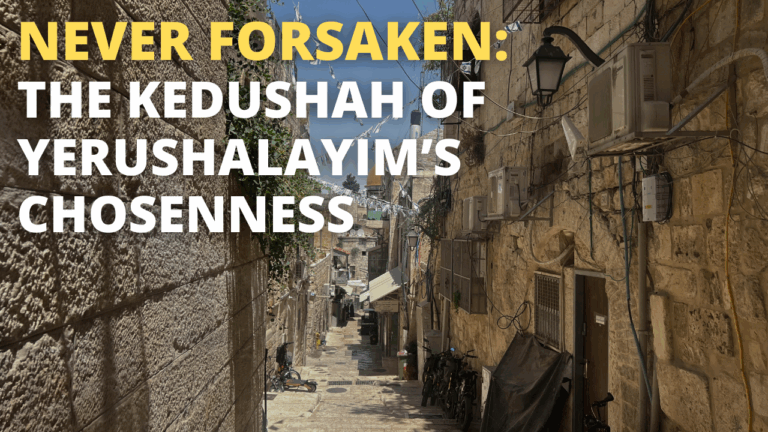The Jewels of Jerusalem
Our parsha contains a fairly public display of wealth and donations. In the beginning of parshat Pekudei, Moshe Rabbeinu makes a reckoning of all of the money and items donated to the Mishkan and it amounts to an impressive amount. This ceremony seems to go against the thrust of the Talmud’s wisdom of not flaunting or even publicizing one’s wealth. In fact, the Talmud teaches that “blessing only rests on items that are hidden from the eye.” How, then, could Moshe and the Jewish people publicly display all of the wealth that was invested in the Mishkan?
The Shem MiShmuel explains as follows in the name of his father. The reason that blessings are found in hidden items is that things in the public eye are subject to the negative forces of the world such as the “evil eye” and the like. These forces, though, have no authority over items that remain hidden. Accordingly, the Talmud advises people to not publicly display their wealth.
The reckoning in our parsha is different since it was done by Moshe Rabbeinu. This righteous leader embodied the characteristic of “Truth” and therefore the negative spiritual forces which are rooted in falsehood had no sway over him. Therefore, Moshe’s reckoning, despite its publicity, was still the seat of blessing.
Perhaps this can also explain a similar anomaly regarding Yerushalayim. In the end of days, the Talmud relates that the gates and walls of Yerushalayim will be made from precious stones:
“And your gates of precious stones.” This should be understood in light of that incident where Rabbi Yoḥanan sat and taught: In the future, the Holy One, Blessed be He, will bring precious stones and pearls that are thirty by thirty cubits, and He will hollow out in them a hole of ten by twenty cubits and set them in the gates of Yerushalayim.
The walls and gates of a city shape its external appearance. When people look at Yerushalayim they will behold great jewels and great wealth. But what about the Talmud’s dictum of blessing resting on hidden things? Would we not want Yerushalayim to partially hide its wealth to merit God’s blessing?
With the explanation of the Shem MiShmuel regarding Moshe’s count in our parsha, we can suggest the following. Similar to Moshe, Yerushalayim of the future is not a place that needs to fear the insidious influence of the negative spiritual forces. The Talmud identifies Yeushalayim as a place of “netzach” or eternity, pushing aside all that is ephemeral and temporary. Yerushalayim is God’s abode and therefore not within the sphere of the evil eye. In Yerushalayim, everything can be a source of blessing.



